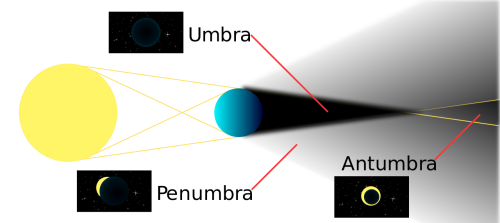Big Bang (or "Big Explosion") is a scientific theory that tries to explain the origin of the universe from its continuous expansion, which creates an ever-increasing distance between galaxies.
The Big Bang is estimated to have happened some time ago approximately 14 billion years, when the universe began to expand and create the first essential elements for life.
it is believed that time and space, as well as other quantities such as gravitational force and electromagnetism, also emerged from the Big Bang.
According to theory, the universe was extremely hot and dense. With the density compressed to just a certain point, there was a collapse and, consequently, a great release of energy. This moment is known as the “Big Bang”.
After this "explosion", all the energy began to expand rapidly and, over the years, the universe began to cool, allowing the creation of the first elements, such as hydrogen, by example.
With the appearance of large clouds of hydrogen, these became increasingly hot and dense, until they also collapsed and formed the first stars in the universe.
Based on Theory of relativity, by the German physicist Albert Einstein (1879 – 1955), in addition to studies by astronomers Edwin Hubble (1889 – 1953) and Milton Humason (1891 – 1972), the Big Bang theory was officially announced only in 1948.
Learn more about the meaning of Theory of relativity.
the american physicist George Gamow (1904 – 1968) and the Belgian priest and astronomer Georges Lemaître were mainly responsible for the development of this theory.
There are several other cosmological theories that try to elucidate the process that gave rise to the universe. However, the Big Bang theory remains the most accepted in the scientific community.
See also: the meaning of Universe.



